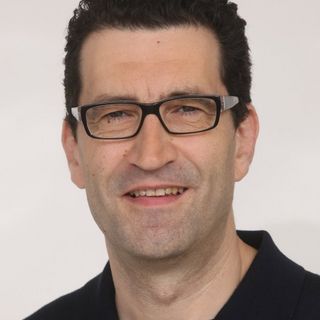Decentralised Energy Supply DC Voltage Grids
Depending on the application, DC grids offer great potential for energy savings. In AC networks, reactive power increases losses and reduces transmission capacity. This problem does not exist in DC networks. The efficiency of self-utilization of renewable energy can be increased while costs can be reduced. The integration of energy storage becomes more and more important with the increasing share of photovoltaic and wind energy feed-in. The potential for increasing efficiency in drive technology through energy recovery is considerably higher in direct current grids. DC/DC converters become smaller with increasing switching frequency, while the size reduction of AC/DC adapters is limited by the fixed grid frequency (50 Hz). A further economic and ecological potential of DC voltage networks is the reduction of electronic waste, since DC voltage converters can be realized with the same power and considerably less material input.
In domestic networks, for example, numerous inefficient conversion processes of AC-DC-AC converters, e.g. in refrigerators or washing machines, can be avoided, resulting in massive savings potential.
The AC voltage network of DC-AC converters is responsible for
40-80% of the power loss,
50-95% by weight and
50-95% of the construction volume
As a result, the construction volume of DC-DC converters can be reduced by a factor of 2 to 20 due to the constant instantaneous power.






